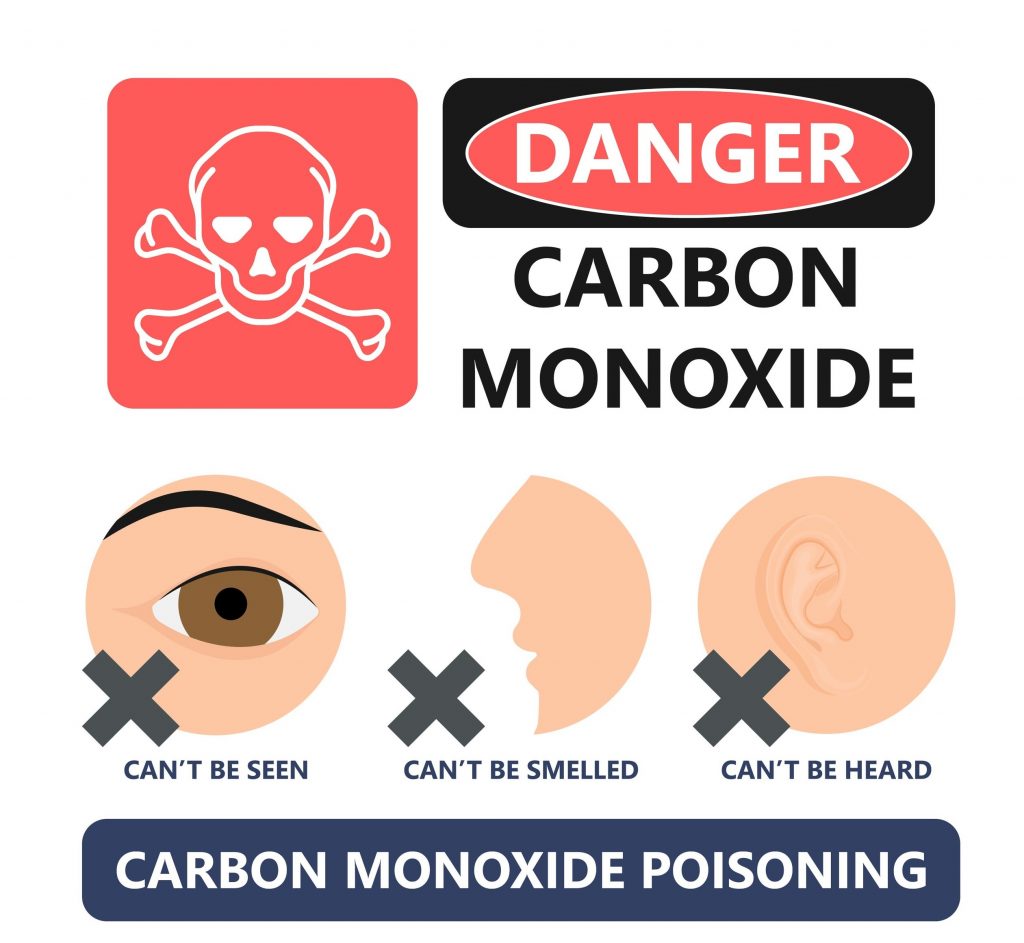Carbon monoxide is a colorless, odorless, and tasteless gas that is slightly less dense than air. It is highly toxic to humans and animals when inhaled. In the atmosphere, it acts as a greenhouse gas and contributes to global warming. It also plays an important role in the formation of smog.
Carbon monoxide is produced by the burning of fossil fuels such as natural gas, coal, or oil. It can also be produced by the incomplete combustion of other materials such as wood or charcoal. When carbon-containing materials do not burn completely, they release carbon monoxide into the air.
In homes and buildings, carbon monoxide can come from furnaces, fireplaces, water heaters, stoves, and generators that use gasoline, propane, natural gas, kerosene, or other oil products. Carbon monoxide can also be released from cars and trucks that are left running in enclosed spaces such as garages.
When carbon monoxide enters the body through breathing , it binds to hemoglobin in red blood cells and prevents oxygen from being delivered to tissues and organs . This can lead to serious health effects including headaches , dizziness , nausea , shortness of breath , confusion , blurred vision , loss of consciousness , and death . People with heart disease or respiratory problems are more susceptible to these effects .
At low levels of exposure ( below 50 parts per million ), carbon monoxide causes milder symptoms such as headache s iredness difficulty concentrating Symptoms usually go away once you leave the area where there is exposure to CO If you have been exposed for a long time at these lower levels medical attention may be needed higher levels of exposure ( above 150 parts per million ) cause more severe symptoms such as : disorientation impaired coordination vomiting collapse seizures coma death These effects happen quickly because at high concentrations CO rapidly replaces oxygen in your blood leaving no time for symptoms to develop If you think someone has been exposed to very high concentrations of CO get them out into fresh air immediately then call 9 1 1 or your local emergency number
For most people who are healthy exposure to low levels of CO over long periods has not caused any lasting effects Some people however particularly those with heart conditions might experience some health problems if they are repeatedly exposed even at low levels Long term exposure has also been linked with an increased risk for cancer


